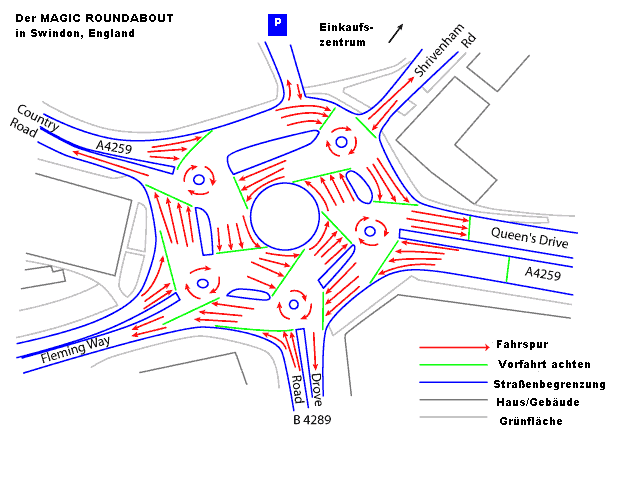1. Controlled Comparison and Polynesian Cultural Evolution
Patrick V. Kirch
2. Exploding Wests: Boom and Bust in Nineteenth-Century Settler Societies
James Belich
3. Politics, Banking, and Economic Development: Evidence from New World Economies
Stephen Haber
4. Intra-Island and Inter-Island Comparisons
Jared Diamond
5. Shackled to the Past: The Causes and Consequences of Africa's Slave Trades
Nathan Nunn
6. Colonial Land Tenure, Electoral Competition, and Public Goods in India
Abhijit Banerjee and Lakshmi Iyer
7. From Ancien Régime to Capitalism: The Spread of the French Revolution as a Natural Experiment
Daron Acemoglu, Davide Cantoni, Simon Johnson, and James A. Robinson
* Afterword: Using Comparative Methods in Studies of Human History
Jared Diamond and James A. Robinson
Monday, February 22, 2010
Natural Experiments of History - Diamond and Robinson (ed.)
Jared Diamond ("Guns Germs and Steel") and James Robinson ("Reversal of Fortune" with Acemoglu and Johnson) have edited the book. The table of contents is impressive!:
Sunday, February 21, 2010
Saturday, February 20, 2010
Physics envy
"Any scientist who doesn’t have physics envy is an idiot."
J.M. Epstein in REMARKS ON THE FOUNDATIONS OF AGENT-BASED
GENERATIVE SOCIAL SCIENCE. (HT Bernardo Furtado)
J.M. Epstein in REMARKS ON THE FOUNDATIONS OF AGENT-BASED
GENERATIVE SOCIAL SCIENCE. (HT Bernardo Furtado)
Friday, February 19, 2010
Thursday, February 18, 2010
Wednesday, February 17, 2010
Sunday, February 7, 2010
New movies
- Moon (2009)-a retro sci-fi movie. Kevin Spacey is the voice of the computer
HalSam. - The invention of lying - At first glance, it is another feel-good movie from Hollywood. It is not. Thanks, Ricky Gervais.
- Flood with love for the kid. A one man remake of do Rambo First Blood (!?!?!?). The critics say it is great.
Friday, February 5, 2010
Netbook and Windows 7
Surprisingly, Windows 7 runs quite well in my new Lenovo S10-3t with only 1G of RAM.
Thursday, February 4, 2010
Tuesday, February 2, 2010
Mao was right: the revolution came from the countryside
If the thesis is correct, much of the recent history of China should be rewritten:
Deng Xiaoping and his supporters, contrary to popular legend, did not agree on a reform program at the Third Plenum of the Eighth Party Congress in 1978, which installed him in power. A Chinese reform official by the name of Bao Tong later admitted as much: “In fact, reform wasn’t discussed. Reform wasn’t listed on the agenda, nor was it mentioned in the work reports.” (...)This is the book.
Throughout the reform process, the Chinese Communist Party simply reacted to (and wisely did not oppose) bottom-up reform initiatives that emanated largely from the rural population. (...)
Private business originated in agriculture, spread to the cities, and then returned to the countryside as rural-based industry. Many large private manufacturing firms developed in predominantly agricultural provinces (Zhejiang, Shandong, Guangdong, Hunan, and Sichuan).
Subscribe to:
Comments (Atom)


